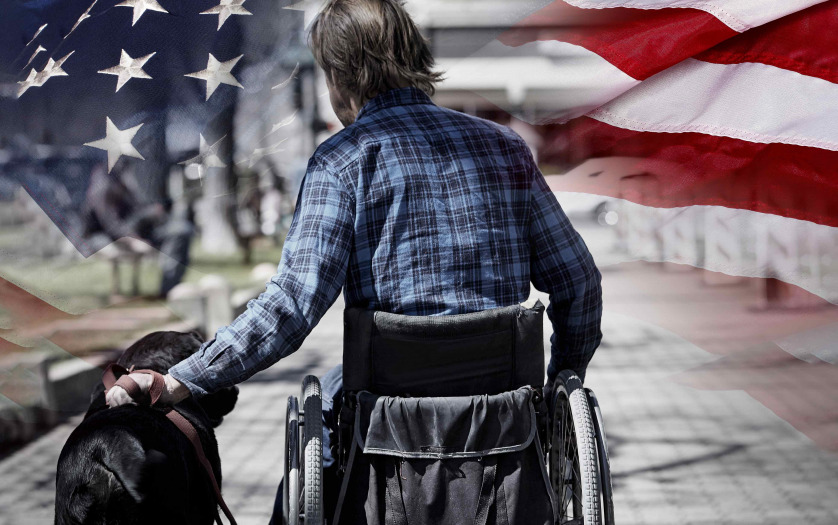
On 31st anniversary of the Americans with Disabilities Act (ADA), the U.S. Department of Justice (DOJ) and the U.S. Department of Health and Human Services (HHS) are jointly publishing guidance on how “long COVID” can be a disability under the ADA, Section 504 of the Rehabilitation Act and Section 1557 of the Affordable Care Act.
Some people continue to experience symptoms that can last weeks or months after first developing COVID-19. This can happen to anyone who has had COVID-19, even if the initial illness was mild. People with this condition are sometimes called “long-haulers” — and the condition they have is known as “long COVID.”
With the rise of long COVID as a persistent and significant health issue, the DOJ Civil Rights Division and the HHS Office for Civil Rights (OCR) have joined together to provide this new guidance. This guidance explains that long COVID can be a disability under the ADA, Section 504 of the Rehabilitation Act of 1973, and Section 1557 of the Affordable Care Act, and explains how these laws may apply. Each of these federal laws protects people with disabilities from discrimination. This guidance also provides resources for additional information and best practices.
“The ADA is one of our most transformative civil rights laws, helping to ensure that our schools, courthouses, townhalls, businesses and workplaces are open to all people, regardless of their disability status,” said Assistant Attorney General Kristen Clarke of the Justice Department’s Civil Rights Division. “This anniversary, we recognize the ongoing challenges to full equality, including COVID-19’s devastating and disproportionate impact on people with disabilities. As many of our neighbors find themselves with long-lasting effects from COVID-19, we are committed to making sure that people understand their rights under federal nondiscrimination laws. The Department of Justice will vigorously enforce the ADA and other federal civil rights laws to ensure that as the nation responds to, and recovers from, COVID-19, and that those with disabilities are full and equal partners in that recovery.”
“Some individuals recover quickly from COVID, but others experience debilitating long-term impairments that substantially limit major life activities,” said Acting Director Robinsue Frohboese of HHS’s Office of Civil Rights. “Today’s guidance makes clear that these individuals are entitled to equal opportunities and full participation in all aspects of life. We honor the 31st anniversary of the ADA, a law that established ‘a clear and comprehensive national mandate for the elimination of discrimination against individuals with disabilities,’ and deepen our commitment to enforcing federal civil rights laws. OCR is committed to advancing the principles of non-discrimination and equity and will continue to provide guidance so that consumers understand their rights and providers fulfill their obligations.”
“It’s critical that we ensure people who have disabilities as a result of long COVID are aware of their rights under federal nondiscrimination laws,” said Acting Administrator and Assistant Secretary Alison Barkoff for Aging at the Administration for Community Living at HHS. “It also is crucial that they know how to connect to services and supports available if they now need assistance to live in their own homes, go to school or work, or participate in their communities.”
This guidance, along with a directory of resources available through programs funded by the Administration for Community Living (ACL), was shared this morning by the White House as part of a comprehensive package of resources for people with long COVID.








